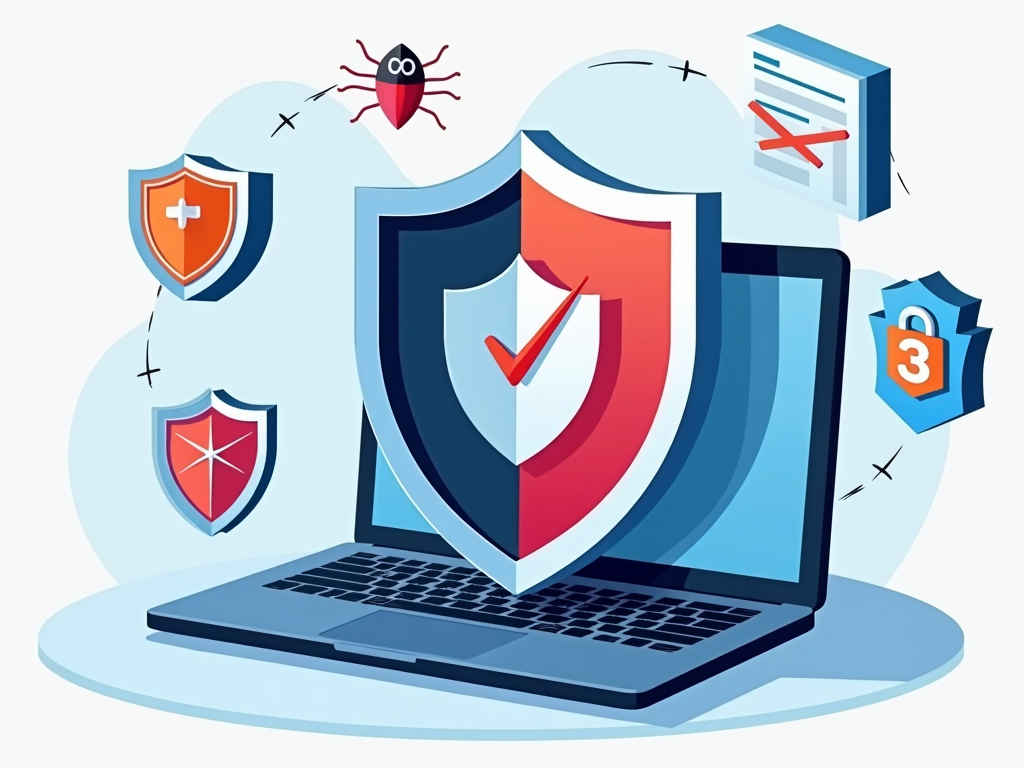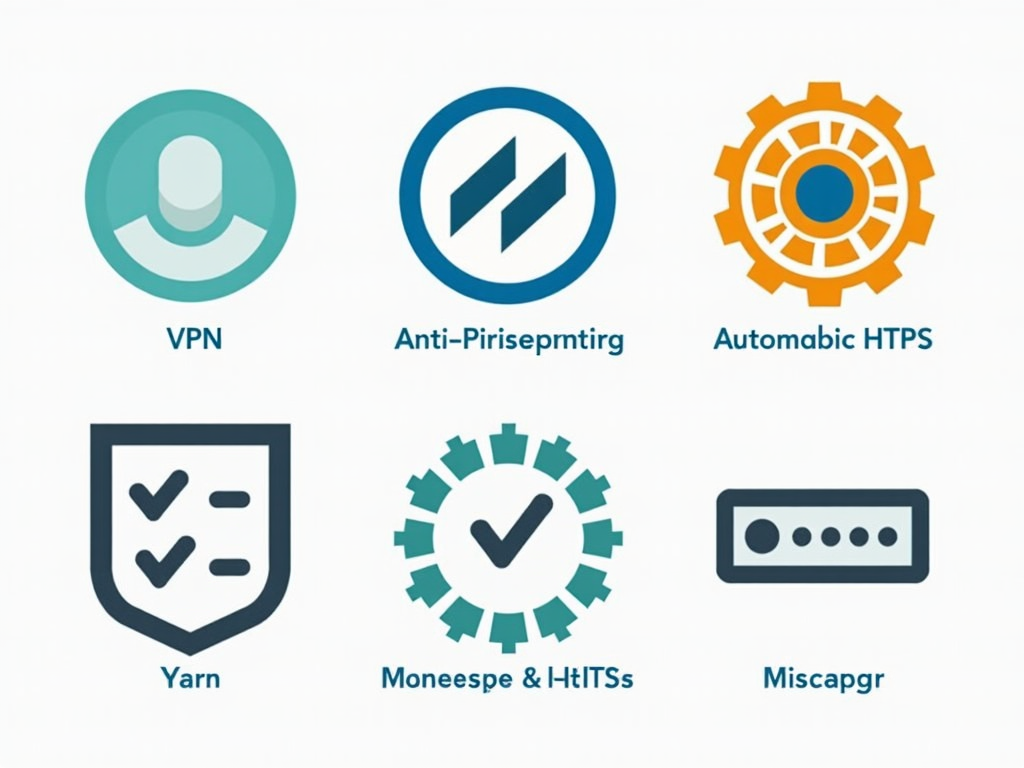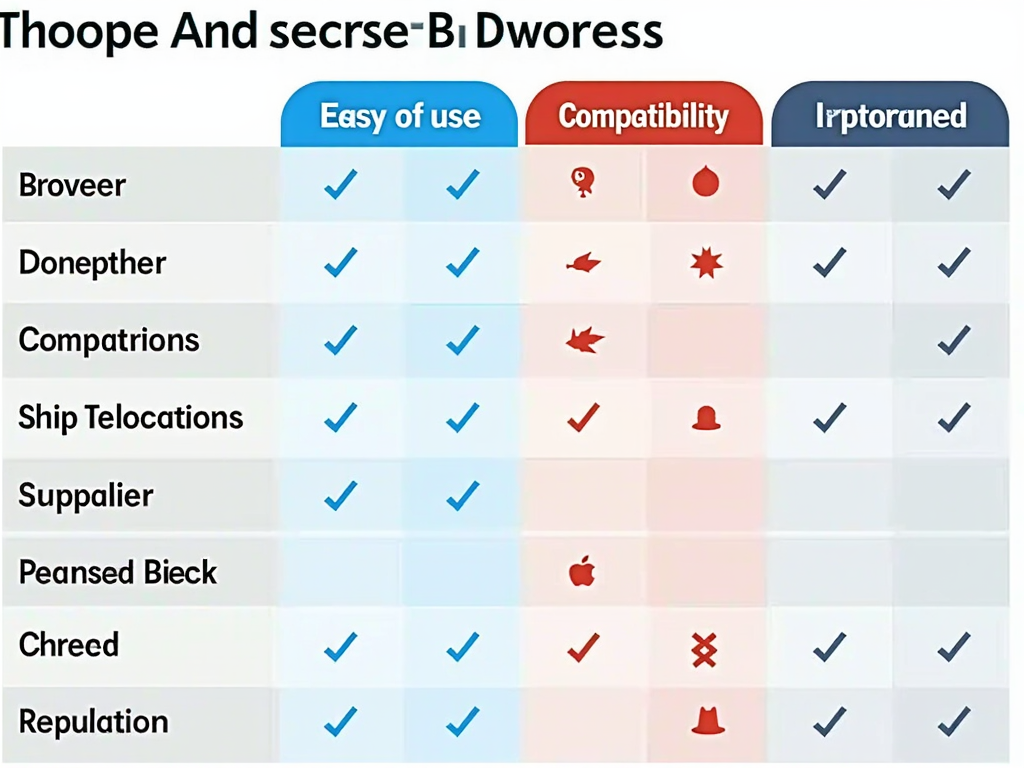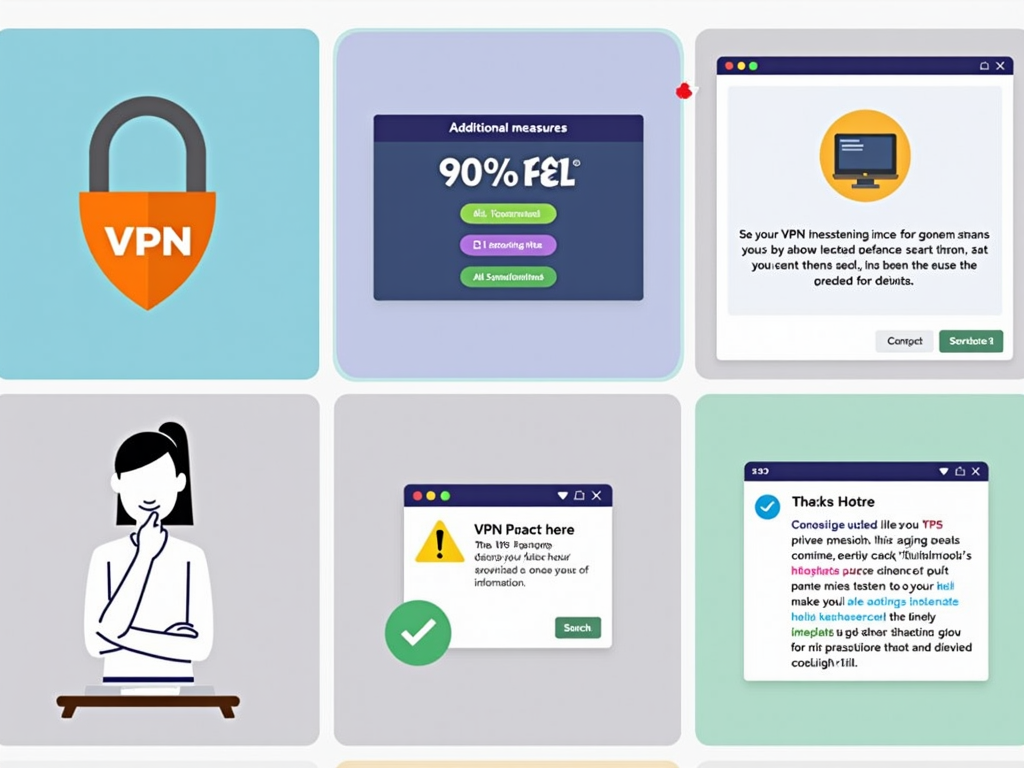Why Secure Browsers Are Essential for Online Privacy
In today's digital age, online privacy is more important than ever. With cyber threats on the rise and personal data becoming increasingly valuable, protecting your information while browsing the internet is crucial. Secure browsers are essential tools that help safeguard your privacy by blocking trackers, encrypting data, and providing features like private browsing modes. In this article, we'll explore why secure browsers are vital for online privacy, how they work, and how to choose the right one for your needs.

What is a Secure Browser?
A secure browser is a web browser designed with privacy and security in mind. Unlike standard browsers, secure browsers come equipped with features that protect your personal information from being tracked, collected, or stolen. These features may include built-in ad blockers, anti-tracking tools, encrypted connections, and private browsing modes.

Why is Online Privacy Important?
Online privacy is important because it helps protect your personal information from being accessed by unauthorized parties. This includes sensitive data like your browsing history, login credentials, financial information, and more. Without proper privacy measures, your data could be used for malicious purposes, such as identity theft, targeted advertising, or even cyberstalking.
I remember a time when I received a suspicious email that looked like it was from my bank. It asked me to click on a link and enter my login credentials. Fortunately, I was using a secure browser that warned me about the potential phishing attempt. This experience made me realize just how important online privacy is and how secure browsers can help protect us from such threats.

How Do Secure Browsers Protect Your Privacy?
Secure browsers protect your privacy in several ways:
- Blocking Trackers: Secure browsers often include tools that block third-party trackers, preventing websites from collecting data about your browsing habits.
- Encrypting Data: Many secure browsers use encryption to protect your data as it travels between your device and the websites you visit.
- Private Browsing Modes: These modes allow you to browse the internet without saving your browsing history, cookies, or other data on your device.
- Ad Blockers: By blocking ads, secure browsers can prevent malicious ads from infecting your device with malware or tracking your online activity.

Features to Look for in a Secure Browser
When choosing a secure browser, look for the following features:
- Built-in VPN: A virtual private network (VPN) encrypts your internet connection, making it more difficult for others to intercept your data.
- Anti-Fingerprinting Tools: These tools prevent websites from identifying your device based on its unique characteristics.
- Automatic HTTPS: This feature ensures that your connection to websites is always encrypted.
- Password Manager: A built-in password manager can help you create and store strong, unique passwords for each of your accounts.

How to Choose the Right Secure Browser for Your Needs
Choosing the right secure browser depends on your specific needs and preferences. Consider the following factors:
- Ease of Use: Look for a browser that is user-friendly and easy to navigate.
- Compatibility: Ensure the browser is compatible with your device and operating system.
- Customization: Some browsers offer more customization options than others, allowing you to tailor your browsing experience.
- Reputation: Research the browser's reputation and read reviews from other users to ensure it is trustworthy and effective.
When I was looking for a secure browser, I considered several factors. I wanted something that was easy to use, compatible with my devices, and had a good reputation. After researching and trying out a few options, I found one that met all my needs. It had a built-in VPN, anti-fingerprinting tools, and a user-friendly interface. Choosing the right secure browser made a significant difference in my online privacy and security.

Tips for Enhancing Online Privacy Beyond Using a Secure Browser
While using a secure browser is an important step in protecting your online privacy, there are additional measures you can take:
- Use a VPN: A VPN can provide an extra layer of encryption and privacy.
- Enable Two-Factor Authentication: This adds an extra step to the login process, making it more difficult for hackers to access your accounts.
- Be Mindful of What You Share: Avoid sharing personal information online unless necessary.
- Keep Your Software Up to Date: Regularly update your browser, operating system, and other software to ensure you have the latest security patches.

Summary
Secure browsers are essential for protecting your online privacy. They offer features like tracker blocking, data encryption, and private browsing modes that help safeguard your personal information. When choosing a secure browser, consider factors like ease of use, compatibility, customization, and reputation. Additionally, take extra steps to enhance your online privacy, such as using a VPN and enabling two-factor authentication.